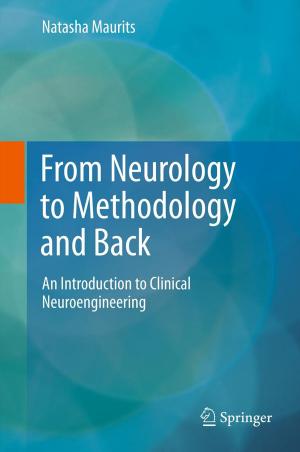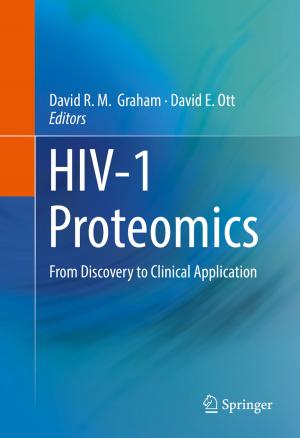The Politics and History of AIDS Treatment in Brazil
Nonfiction, Health & Well Being, Medical, Specialties, Preventive Medicine, Ailments & Diseases, Infectious Diseases, General| Author: | Amy Nunn | ISBN: | 9780387096186 |
| Publisher: | Springer New York | Publication: | February 15, 2009 |
| Imprint: | Springer | Language: | English |
| Author: | Amy Nunn |
| ISBN: | 9780387096186 |
| Publisher: | Springer New York |
| Publication: | February 15, 2009 |
| Imprint: | Springer |
| Language: | English |
Brazil’s public policy response to the AIDS epidemic preceded those of many developing countries. During my tenure as President, in 1996, Brazil adopted a law guaranteeing free and universal access to AIDS treatment for all people living with HIV/AIDS. Brazil became the first developing country to provide publicly-financed AIDS treatment for all people living with HIV/AIDS. We now have one of the world’s most successful AIDS programs that is considered a model for other dev- oping countries. Today, 185,000 people receive life-saving AIDS cocktails in Brazil, and thousands of lives have been saved. But this was not an easy battle. There were many challenges along the way. Twenty years ago, Brazil’s achie- ments today might have seemed impossible. During the 1980s, in Brazil, as elsewhere, there was overwhelming stigma associated with AIDS; people living with HIV often lost their jobs and died quickly before the advent of life-saving antiretroviral drugs. Brazil’s AIDS movement was extraordinarily important in promoting progressive AIDS policies; associations of people living with HIV were the first to denounce pervasive AIDS-related discri- nation and called public attention to the importance of AIDS. Activists protested in the streets for over a decade, engaged the media, and framed AIDS as a human rights issue.
Brazil’s public policy response to the AIDS epidemic preceded those of many developing countries. During my tenure as President, in 1996, Brazil adopted a law guaranteeing free and universal access to AIDS treatment for all people living with HIV/AIDS. Brazil became the first developing country to provide publicly-financed AIDS treatment for all people living with HIV/AIDS. We now have one of the world’s most successful AIDS programs that is considered a model for other dev- oping countries. Today, 185,000 people receive life-saving AIDS cocktails in Brazil, and thousands of lives have been saved. But this was not an easy battle. There were many challenges along the way. Twenty years ago, Brazil’s achie- ments today might have seemed impossible. During the 1980s, in Brazil, as elsewhere, there was overwhelming stigma associated with AIDS; people living with HIV often lost their jobs and died quickly before the advent of life-saving antiretroviral drugs. Brazil’s AIDS movement was extraordinarily important in promoting progressive AIDS policies; associations of people living with HIV were the first to denounce pervasive AIDS-related discri- nation and called public attention to the importance of AIDS. Activists protested in the streets for over a decade, engaged the media, and framed AIDS as a human rights issue.















